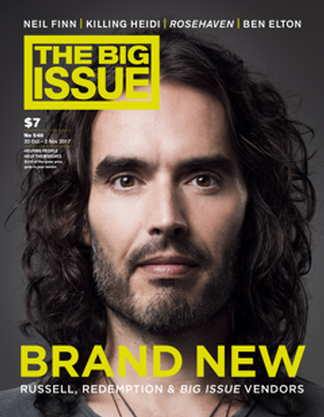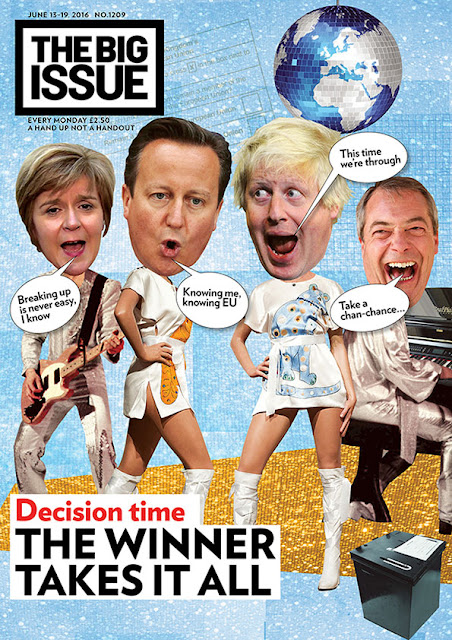STRANGER THINGS - CONTEXT
Difference between social and cultural context -
Society is a community within which people live and interact with one another.
Culture is the way different people who live in a society behave, you can have one society or social situation but many cultures or sub-cultures within that society.
Cultural
Society is a community within which people live and interact with one another.
Social
- people who interact with one another within a social environment
- social context refers to the people, structure and function of institutions that operate within a society
- social conflicts may arise as a result of the structure, functions and interactions of the people who live within it
- relationship between media products and the society within which they are made in relation to social groups, attitudes, changes, conflicts and inequalities
Culture is the way different people who live in a society behave, you can have one society or social situation but many cultures or sub-cultures within that society.
Cultural
- what creates the identity of the people who lie in any given society
- beliefs, meanings and practices that guid the shared behaviour of individuals within a group in any given society, including traditions of shared culture
- culture includes all aspects of 'life', including language, the products we make, the things we do and how we do them
- there can be multiple different cultures and sub-cultures within a society, which is why we might all behave, think and act differently even though we are all living our day to day lives in a similar way
In which country is the drama set? - USA
In what country is the drama made? - USA
What is the social identity of the people in the drama? -
In what country is the drama made? - USA
What is the social identity of the people in the drama? -
Who makes the drama? - Netflix (large multi-national global conglomerate)
How is the social identity of the country of production reflected in the drama?
What aspects of social and day to day life are reflected in the drama (being with families, going to school, legal & political systems, being religious etc.)?
How are these structures reflected in the drama - as usual or to be questioned?
Firstly the school environment which is shown in the drama is represented as quite 'usual' as aspects, such as the bullying that is shown has been normalised within society. Furthermore, the scene where the boys are shown to stay behind after class with the teacher to look at the new school radio, can also be seen as usual. Small clicks within society often referred to as 'geeks' are often present in long-form television drama and so almost seen as a stereotypical relationship between teachers and students. The family structures can also be seen as 'usual' as firstly the nuclear family shown as the Wheeler's follow the stereotypes of the father bringing in the income and the mother acting as a housewife. Likewise, Joyce Byres is shown as a single mother, which again is quite usual to the stereotype often portrayed in dramas. Though here there are also aspects of this role which could be questioned, for instance how the mother puts up a fight with the police officer to help find her missing son. This shows strength in her personality, where usually single mothers are represented as weak and powerless.
How does the drama influence our own participation within the social structure (confirms it as the right thing to do or questions it?
I feel that this drama both forces the audience to think that the representations shown are both correct though could also
Is there any social conflict apparent in the drama?
Hoes does the drama represent social changes?
How is the social identity of the country of production reflected in the drama?
What aspects of social and day to day life are reflected in the drama (being with families, going to school, legal & political systems, being religious etc.)?
- school environment
- nuclear family representation / single mother
- political references made with the presidential vote signs outside houses (political preferences of different families)
How are these structures reflected in the drama - as usual or to be questioned?
Firstly the school environment which is shown in the drama is represented as quite 'usual' as aspects, such as the bullying that is shown has been normalised within society. Furthermore, the scene where the boys are shown to stay behind after class with the teacher to look at the new school radio, can also be seen as usual. Small clicks within society often referred to as 'geeks' are often present in long-form television drama and so almost seen as a stereotypical relationship between teachers and students. The family structures can also be seen as 'usual' as firstly the nuclear family shown as the Wheeler's follow the stereotypes of the father bringing in the income and the mother acting as a housewife. Likewise, Joyce Byres is shown as a single mother, which again is quite usual to the stereotype often portrayed in dramas. Though here there are also aspects of this role which could be questioned, for instance how the mother puts up a fight with the police officer to help find her missing son. This shows strength in her personality, where usually single mothers are represented as weak and powerless.
How does the drama influence our own participation within the social structure (confirms it as the right thing to do or questions it?
I feel that this drama both forces the audience to think that the representations shown are both correct though could also
Is there any social conflict apparent in the drama?
- disappearance of Will Byres which then results in conflict around the social arena, for instance with the community and the police, as well as the local government
- this also created conflict within families, especially with the generations as specifically the younger children seem to be more concerned for the disappearance of their friend, though the parents seem to be more bothered over more selfish reasons
Hoes does the drama represent social changes?


Comments
Post a Comment